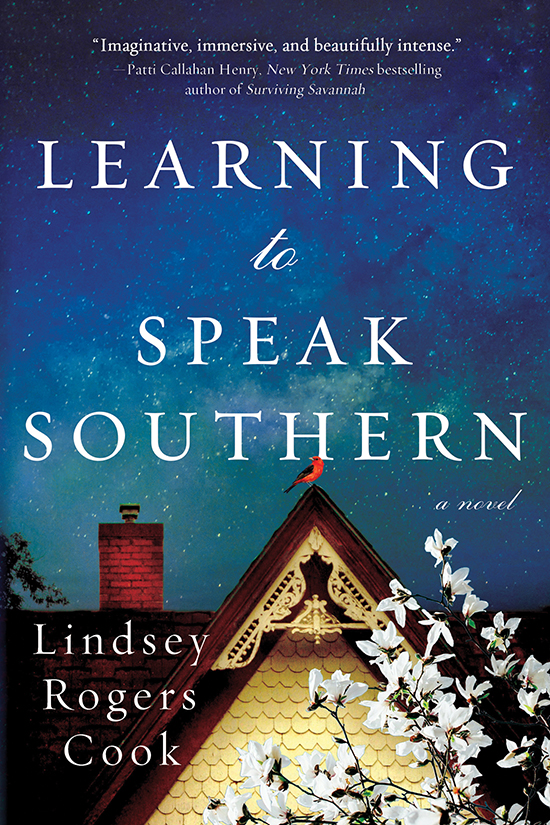Nobody Untended
Humor and peril collide in The Uncollected Stories of Allan Gurganus
The Uncollected Stories of Allan Gurganus corrals nine ambitious, verbally rich narrative worlds. Though each of these stories takes place in a small community, together they showcase Gurganus’ penchant for attempting to lift the veneer of small-town niceties and expose — through humor or gut-punching drama — the vast terrain of his characters’ interior lives.

The collection opens with “The Wish for a Good Young Country Doctor,” in which a wry academic reflects on his pivotal encounter with an antique shop owner during his grad school study of “outsider” folk objects. Highly invested in an acquisitive, snobbish relationship to the small Midwest communities surrounding his university, the narrator finds his perspective challenged by an eccentric shopkeeper. Her tale of a young doctor’s complex task of caring for a small-town cholera outbreak in the 1840s strikes many familiar chords during our own time of pandemic. As she describes the doctor’s campaign to convince his community that “civilization depends on nobody going untended,” the story’s sharp, compassionate vision expands.
Most of the other stories take place in the fictional town of Falls, North Carolina — Gurganus’ home state. Fans of his previous work — including the national bestseller Oldest Living Confederate Widow Tells All and, most recently, 2013’s trio of novellas, Local Souls — will recognize this town of 6,000 residents. Gurganus has plumbed the depths of this population, discovering a gigantic range of tone and emotional value within them.
In stories like “He’s at the Office” and “A Fool for Christmas,” Gurganus shows his inimitable gift for the kind of first-person narration that barrels along at swift speed, powered by a unique combination of humor and revealing character detail. The collection’s closing story, “My Heart Is a Snake Farm,” hands the floor to a retired librarian turned Florida motel owner. Long since resigned to lifelong virginity, her sense of clever pragmatism finds sexy challenge in a charismatic sideshow operator. Though heartfelt, such stories find their force through humor.
In stark contrast, “The Mortician Confesses” offers a policeman’s disturbing account of disrupting an act of necrophilia. The officer records his monologue for future transcription by (perhaps implausibly) his own wife, the station’s legal secretary. This story has been characterized in rather lighthearted tones by the book’s promotional materials and by some reviewers, but the narrative leans into the graphic details of its subject, evoking images of sexual assault and the all-too-common voicelessness of women.
 Grasping for understanding, the officer says: “When it comes right down to it, we think we know decency and what local folks will do for other folks, but we ain’t got clue number one as to what-all lurks in any heart, much less lower-down especially, now, do we?” So it will be with this particular story — some readers will make light of its horrors, while others will not have the luxury of glossing over the larger echoes and implications of its extreme scenario. In this instance, Gurganus’ barometer for how to convey compassion through dark humor may have failed him. All the women of the story are sharply satirized or remain objectified and inert.
Grasping for understanding, the officer says: “When it comes right down to it, we think we know decency and what local folks will do for other folks, but we ain’t got clue number one as to what-all lurks in any heart, much less lower-down especially, now, do we?” So it will be with this particular story — some readers will make light of its horrors, while others will not have the luxury of glossing over the larger echoes and implications of its extreme scenario. In this instance, Gurganus’ barometer for how to convey compassion through dark humor may have failed him. All the women of the story are sharply satirized or remain objectified and inert.
Other stories more successfully challenge the peaceful exterior of life in Falls. “Fourteen Feet of Water in My House” follows one man’s experience of a devastating town flood, revealing the complexities of class that run through his hometown, as well as his own history. “The Deluxe $19.95 Walking Tour of Historic Falls (NC) — Light Lunch Inclusive” takes on the brutal racial realities beneath cheery tourist-trade polish. Only as the voice of our tour guide grows increasingly passive-aggressive, resentful, and desperate do we confront the grim, unflattering local truth: “Seems history keeps crushing us with what we’re proudest of.”
The collection’s most moving story set in Falls, “Unassisted Human Flight,” finds a way to succeed in both comedic and tragic modes. Using the conceit of a reporter’s final article for the local newspaper, the story gives equal narrative space to the reporter and his subject — a legendary local known to have flown midair, 8 years old and naked, on the strength of tornado-force winds. Now grown, he gives the reporter his own unforgettable account of this life-defining event.
One notable exception to this string of first-person narration is “Fetch,” which finds an attractive, privileged couple at a turning point in age and luck, thrown into sudden crisis as they walk their dog on a frigid beach. This story mesmerizes through its pristine, finely tuned voice, which places the reader somewhere nearby on that beach, observing the couple from a distance which becomes somehow both unbridgeable and painfully intimate.
At their best, Gurganus’ stories are nimble, powerful vehicles of character and verbal skill. The Uncollected Stories offers ambitious storytelling that doesn’t shrink from risk, even as it attempts to reach the finer points of its characters’ inner worlds.

Emily Choate is the fiction editor of Peauxdunque Review and holds an M.F.A. from Sarah Lawrence College. Her fiction and nonfiction have appeared in Mississippi Review, Shenandoah, The Florida Review, Atticus Review, Tupelo Quarterly, Bayou Magazine Online, Late Night Library, and elsewhere. She lives near Nashville, where she’s working on a novel.


